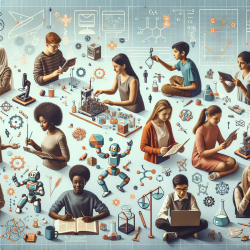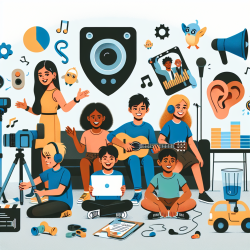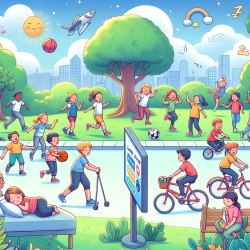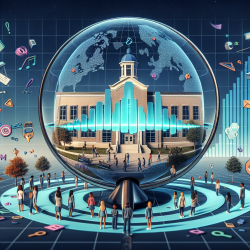In today's rapidly evolving world, the demand for skilled professionals in Science, Technology, Engineering, and Mathematics (STEM) continues to rise. Yet, many young people, particularly those from underrepresented groups, face barriers that hinder their engagement and success in these fields. Recent research sheds light on how fostering inclusivity and belonging in informal science learning environments can significantly impact youth career development.
The Role of Informal Science Learning
Informal science learning sites such as museums, aquariums, and zoos offer unique opportunities for adolescents to engage with STEM outside traditional classroom settings. These environments can be pivotal in shaping young people's interests and aspirations by providing hands-on experiences and real-world applications of scientific concepts.
Key Findings from Recent Research
A study titled Promoting Diverse Youth’s Career Development through Informal Science Learning: The Role of Inclusivity and Belonging highlights several critical insights:
- Inclusivity Matters: Perceptions of inclusivity for one's own social identity groups (e.g., gender, ethnicity) are crucial for fostering a sense of belonging within STEM programs.
- Belonging Drives Career Preparation: A strong sense of belonging is linked to positive perceptions of career preparation within STEM programs.
- Specific vs. General Inclusivity: Specific inclusivity—feeling that people like you are welcome—is more impactful than general inclusivity for promoting program belonging.
Practical Steps for Practitioners
As educators and facilitators in informal science settings, there are several strategies you can implement to enhance inclusivity and belonging:
- Create Inclusive Programs: Design activities that reflect the diverse backgrounds of participants and ensure representation across gender and ethnic lines.
- Foster a Welcoming Environment: Encourage open dialogue about diversity and inclusion, allowing participants to express their identities freely.
- Build Strong Relationships: Develop mentorship opportunities where youth can connect with role models who share similar backgrounds or interests.
- Encourage Long-term Engagement: Offer sustained programs that allow participants to build a sense of community over time.
The Impact on Future Generations
The implications of this research are profound. By prioritizing inclusivity and belonging, we can empower diverse youth to pursue careers in STEM, ultimately contributing to a more innovative and equitable workforce. As practitioners, your role in shaping these experiences is invaluable.
To read the original research paper, please follow this link: Promoting Diverse Youth’s Career Development through Informal Science Learning: The Role of Inclusivity and Belonging.










